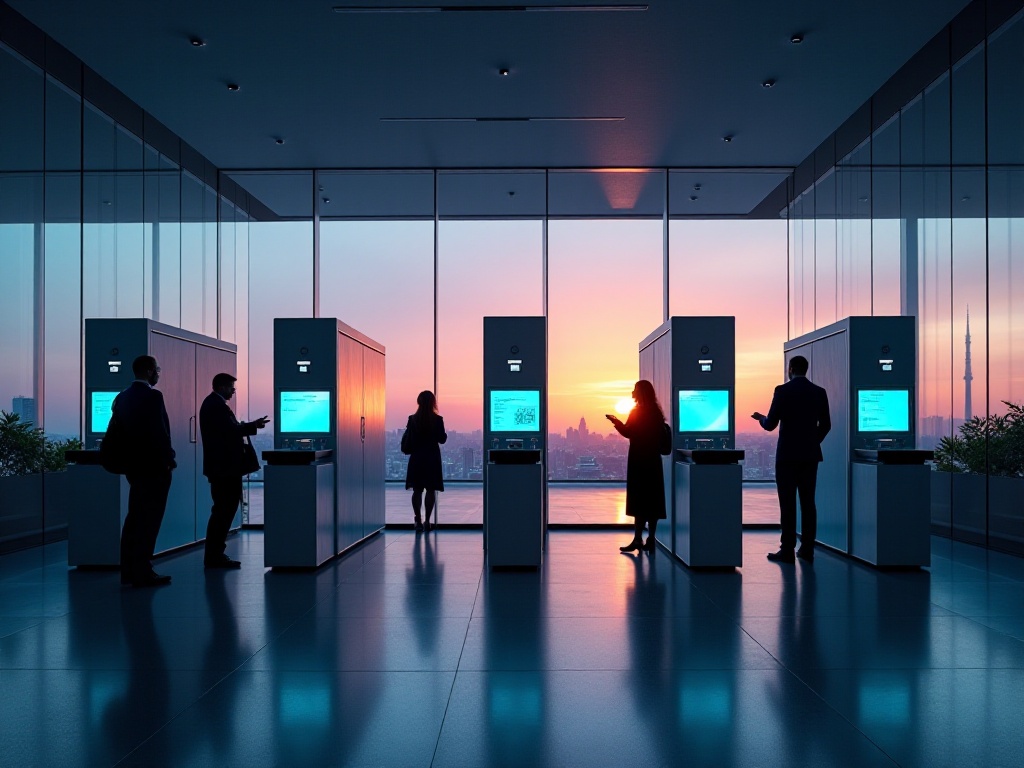As a travel blogger who frequently travels around the world, I really need to talk about visas with everyone. Recently, my private messages have been flooded with various visa questions, especially about US and UK visas, with several friends asking every day.
Honestly, I completely understand everyone's anxiety. I remember when I first prepared to apply for a visa, just looking at the pile of required documents gave me a headache. Back then, I searched for various guides online, got overwhelmed, and often came across scary visa rejection cases. Looking back now, many of those worries were unnecessary.
Over these years, I've traveled across half the globe and processed more visas than I've had hotpot meals (okay, maybe that's an exaggeration). From initially being all thumbs to now being able to handle various visa issues skillfully, I've learned a lot along the way. Today, I want to share all these experiences with you, hoping to help you avoid detours and handle visas efficiently.
When it comes to visas, many people's first reaction is "what a hassle." But if you think about it differently, a visa is just a "pass" given by a country. It's like needing a ticket to enter Disneyland - same principle.
However, this "ticket" isn't something you can just buy with money. Every country has its own rules and needs to ensure that entering visitors won't negatively impact their society. It's like dressing appropriately for a fancy restaurant - when visiting another country, you need to follow their rules.
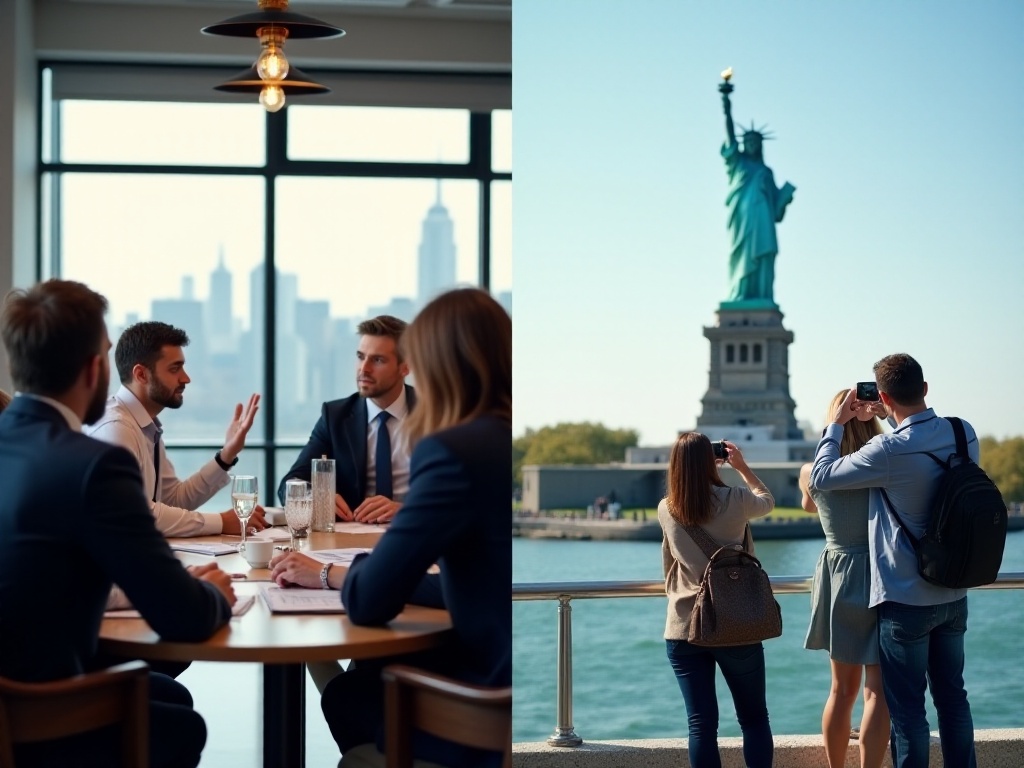
Honestly, among all visas, the US visa might be the most love-hate relationship. The love comes from its usual 10-year multiple-entry validity, meaning you won't have to worry about visas for US trips for the next decade. The hate comes from its indeed complicated application process.
The official name for US tourist visa is B-1/B-2 visa. While the name sounds professional, it's simple to understand: B-1 is for business visits, B-2 is for tourism. Most people apply for this combination visa since it covers both tourism and business trips.
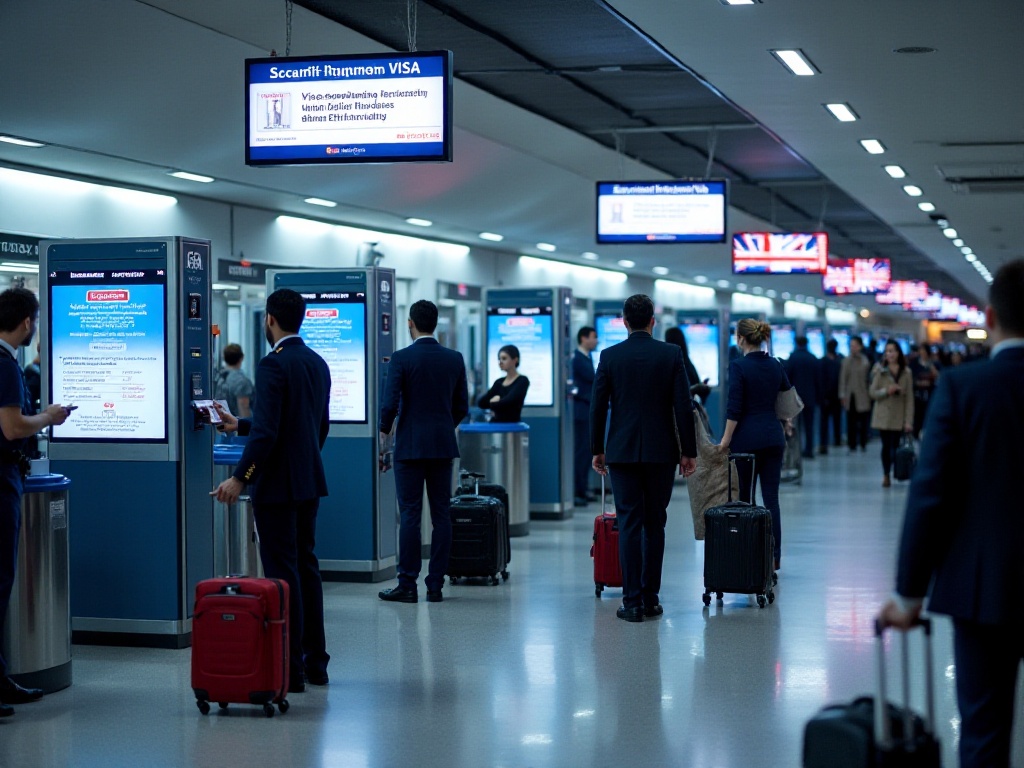
After discussing US visas, let's talk about UK visas. The British approach to visas is very "British" - meaning lots of rules, but all clearly written out.
The main UK tourist visa is now called the "Standard Visitor visa." While the name sounds formal, it's just a regular tourist visa. Interestingly, the UK has different requirements for different nationalities. Some need to apply for this standard visitor visa, others might only need an Electronic Travel Authorization (ETA), and some might not need anything at all.
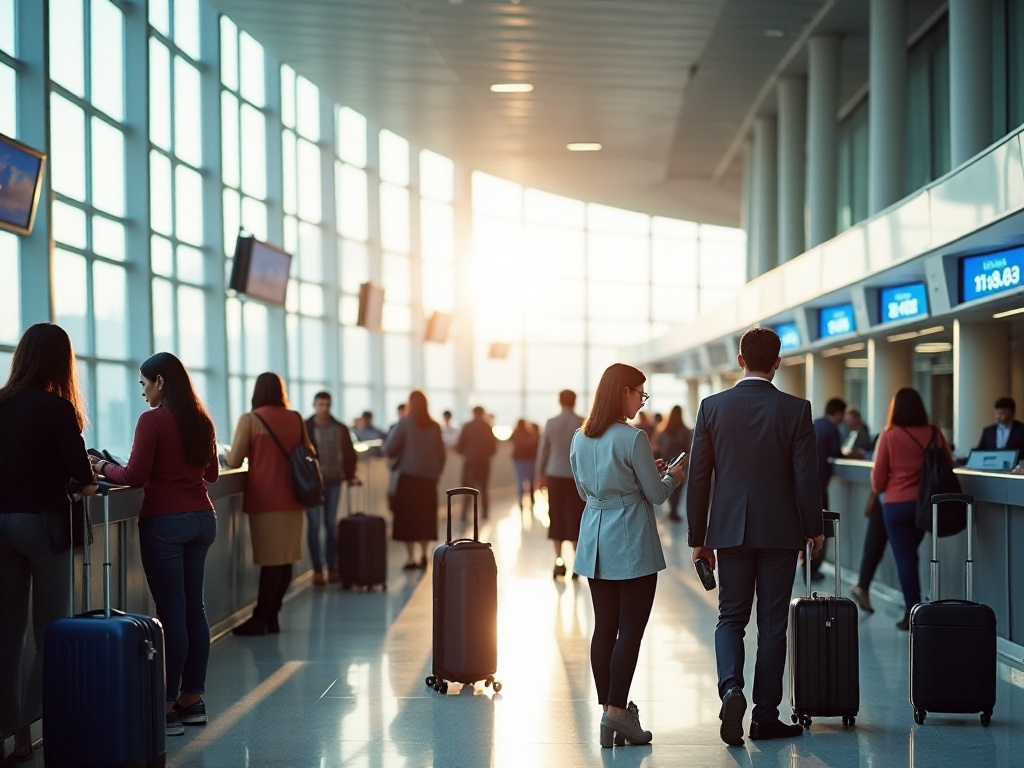
Through years of visa applications, I've gathered many experiences. Here are some particularly useful tips:
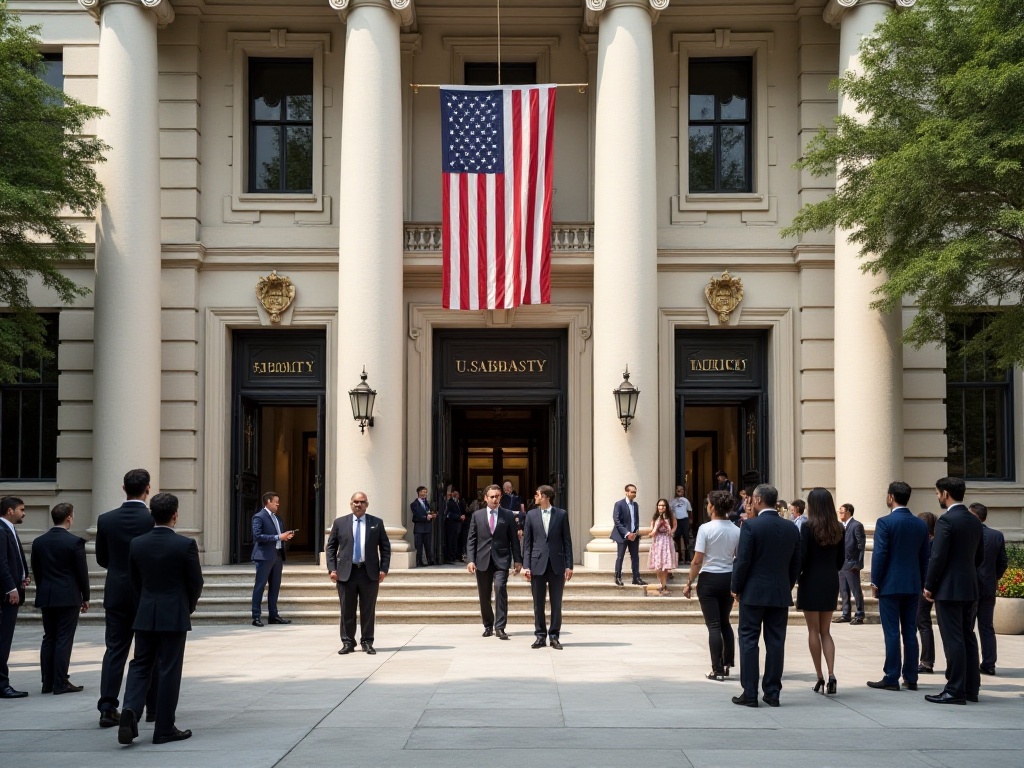
Looking back on these years of visa application experiences, I think the most important thing is to maintain a normal mindset. A visa isn't something unattainable; it's just a normal administrative approval process. As long as you prepare materials according to regulations and answer questions truthfully, the chances of success are quite high.
With today's high level of globalization, international travel is becoming increasingly frequent. The visa system exists both to manage and control population movement and to protect each country's interests. As tourists, we need to understand and respect these regulations.
Finally, don't let visa issues affect your desire to see the world. The world is so big, with so many beautiful sights worth appreciating and so many cultures worth understanding. As long as you maintain the right attitude, you can definitely overcome the visa hurdle.
 Previous
Previous


